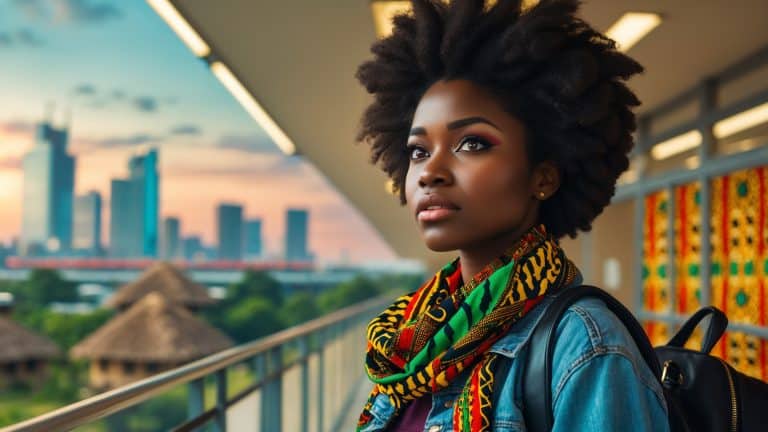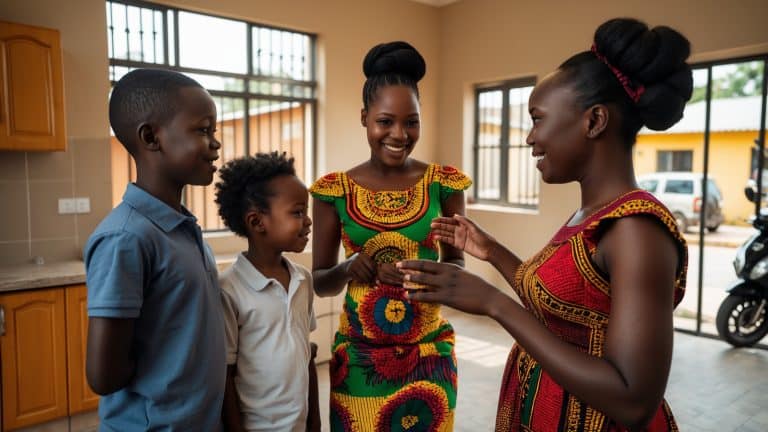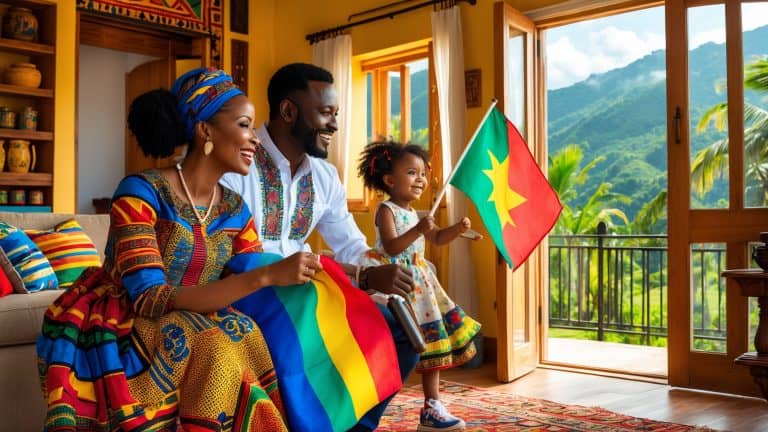This is a premium article written by one of our experts.
Check out

Economics for Diasporans: Achieving Financial Sustainability in Ghana
This is a premium article written by one of our experts. Upgrade to Navigator or Pathfinder read the full article

Navigating Cultural Adjustment: Real Talk on Moving to Ghana as a Diasporan
As you navigate cultural adjustment in Ghana, patience and self-reflection will help you embrace the complexities and transformations. In the sections ahead, we’ll explore actionable strategies and emotional insights to make your transition of moving…

Survival Guide for Dollar Earners Living in Cedi World
If you’re earning in USD while living in Ghana, you’re riding an economic rollercoaster whether you realize it or not. The GHS/USD exchange rate isn’t just a number on your banking app—it’s quietly orchestrating your financial reality. When the cedi weakens, your dollars transform into local superpowers. But when it strengthens, it can feel like an economic ambush that leaves you scrambling to adjust.

Essential Guide to Hiring a Safe & Trustworthy Driver in Ghana
This is a premium article written by one of our experts. Upgrade to Navigator or Pathfinder read the full article

Furnished vs Unfurnished Rentals in Ghana: What to Expect
This is a premium article written by one of our experts. Upgrade to Navigator or Pathfinder read the full article

Moving to Ghana with Purpose: A Thoughtful Guide to Strategic Relocation
Moving to Ghana with foresight and planning allows you to avoid desperation moves, turning a logistical relocation into an enriching life journey. In the sections ahead, you’ll find actionable guidance for strategic planning, cultural integration,…
3 Comments
Comments are closed.